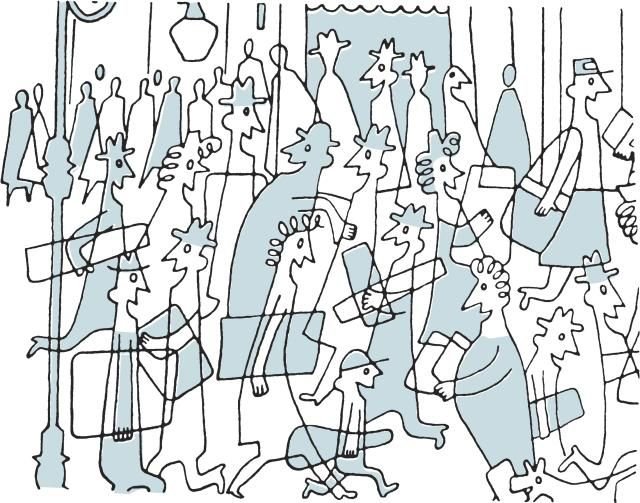Problem for the subject - The nature of the public historical laws. /part 2/
What the two types of laws are like is that they act objectively. This objective action refers to the fact that the laws of law, even if presented as subjective by origin once entered into the normative system of society, become externally binding for every individual reality, which he is forced to account for. The second plan, similar to the two laws (public historical and legal), passes through some common features of their content.
Usually, the basic requirement of rulemaking is to reflect the real needs and requirements of social practice, its social laws. Since there is a coincidence between what social necessity requires and what the legal law prescribes, we can talk about a certain coincidence of their content. But this coincidence is never complete, and it can not be that first because the objective social-historical laws outgrow in their deployment the rulemaking activity that is condemned to be always a catching factor. Secondly, because it is not always possible for a person to find even what he wants, the real requirements of social necessity, and third, because he is not always interested in defining them in the normative system, especially if these requirements go hand in hand with his private interest. Therefore, legal laws are imperfect, pale copies of the reality they reflect, and in this they conclude their distinction from the original / social-historical laws.
Secondly, as a copy of social-historical laws, they are secondary to their origin, and thirdly, they are consciously created by a special category of people in accordance with their qualifications, a degree of understanding of the historical necessity, will and desire. Ie. the social basis of social historical laws is far greater than that of legal laws. If there is a certain order, logic, necessity in public development, the question arises as to how they manifest themselves. For the representatives of the dialectical understanding of history, the latter manifest themselves as a continuity of development. Hegel, Marx, Engels not only emphasize that development is a denial and, together with that, the preservation or removal of the old in the new.
This means that the new or the more perfect does not appear from nowhere, but has its roots in the old imperfect that continue and overcome with it. Specifically, in human history, continuity is expressed in the simple fact that people make their own history not by their own will, not by their own chosen, but immediately welded given and inherited circumstances, in the fact that each new generation finds productive forces that have been acquired by the previous generation and which it uses as raw material for new production. So the tradition of all dead generations is like a nightmare over the minds of the living.
